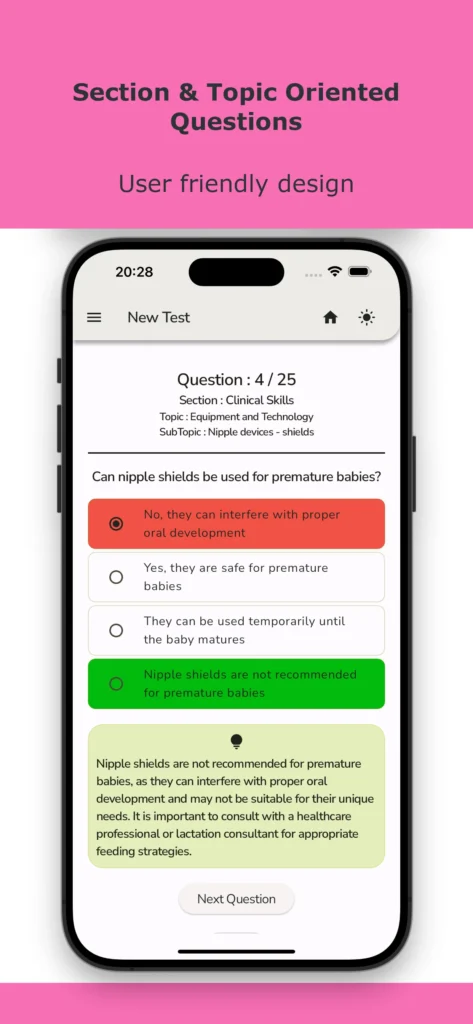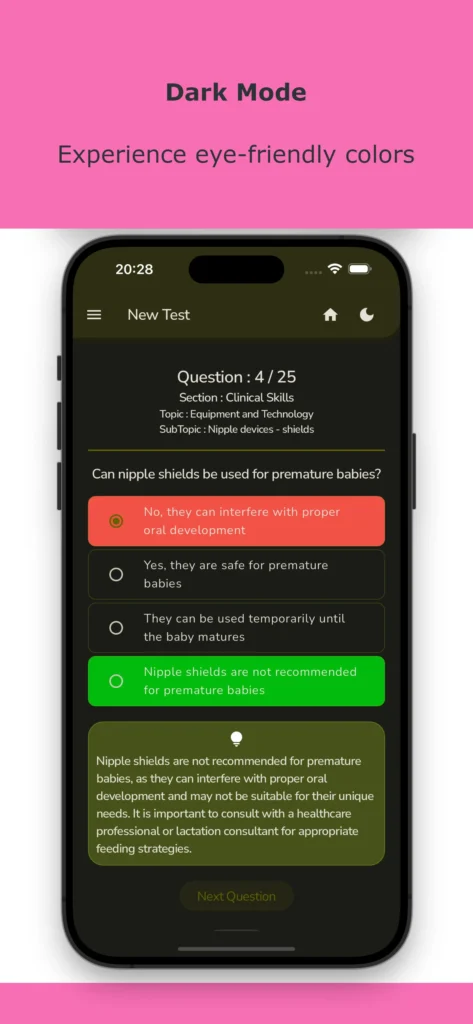Introduction to IBCLC Pay
If you’re considering a career as an International Board Certified Lactation Consultant (IBCLC), it’s important to understand the financial aspects of the profession. In this section, we will provide an overview of IBCLC pay, including hourly rates and factors that can influence earnings.
When it comes to IBCLC pay, it’s important to note that the field of lactation consulting is highly specialized. As a result, IBCLCs are typically compensated at a higher rate compared to other healthcare professionals. The exact pay can vary depending on factors such as location, experience, and work setting.
**IBCLC Hourly Pay**
One of the common ways to determine IBCLC pay is through hourly rates. According to recent surveys and data, the average hourly pay for IBCLCs ranges from $25 to $45 per hour. However, it’s important to note that this is just an average, and rates can vary significantly.
**Factors Influencing IBCLC Pay**
Several factors can influence IBCLC pay. Let’s take a closer look at some of the key factors:
1. **Experience**: Like many professions, experience plays a significant role in determining IBCLC pay. IBCLCs with more years of experience and a proven track record of success may command higher rates.
2. **Geographic Location**: IBCLC pay can vary depending on the geographic location. In areas with a higher cost of living or a higher demand for lactation consultants, the pay rates may be higher.
3. **Work Setting**: IBCLCs can work in various settings, including hospitals, private practices, and community health centers. The pay can vary depending on the work setting, with hospital-based IBCLCs often earning higher salaries.
4. **Additional Certifications**: IBCLCs who have additional certifications or specialized training may be able to command higher pay rates. These certifications can demonstrate expertise in specific areas of lactation consulting.
**Negotiating IBCLC Pay**
When starting your career as an IBCLC or considering a job change, it’s important to be prepared to negotiate your pay. Here are a few tips to keep in mind:
1. **Research**: Before entering into negotiations, research the average pay rates for IBCLCs in your area. This will give you a baseline to work from and help you determine a fair rate.
2. **Highlight Your Experience**: If you have relevant experience or additional certifications, be sure to highlight them during negotiations. This can help justify a higher pay rate.
3. **Consider Benefits**: In addition to the hourly rate, consider the benefits offered by the employer. These can include health insurance, retirement plans, and paid time off. A comprehensive benefits package can offset a lower hourly rate.
4. **Be Confident**: When negotiating, be confident in your skills and the value you bring as an IBCLC. Remember that you are providing a valuable service and deserve to be compensated fairly.
In conclusion, IBCLC pay can vary depending on factors such as experience, geographic location, and work setting. It’s important to research average pay rates, highlight your experience, and be prepared to negotiate when entering the field of lactation consulting. By understanding the financial aspects of the profession, you can make informed decisions about your career as an IBCLC.
Factors Affecting IBCLC Pay
1. Experience and Expertise
One of the key factors that affect IBCLC pay is the level of experience and expertise. IBCLCs with several years of experience and a proven track record of successful lactation consultations often command higher salaries. This is because their extensive experience allows them to handle complex cases and provide valuable insights and guidance to breastfeeding families.
Additionally, IBCLCs who have pursued advanced certifications or specialized training in areas such as tongue tie assessment and treatment or lactation management in special populations may also earn higher pay.
2. Geographic Location
The geographic location of an IBCLC can significantly impact their pay. In areas with a higher cost of living or a higher demand for lactation consultants, IBCLCs may earn higher salaries. For example, IBCLCs working in major metropolitan areas or regions with limited access to lactation support services may have more opportunities and higher earning potential.
On the other hand, in areas with a lower cost of living or a saturated market of lactation consultants, IBCLCs may face more competition and lower pay rates.
3. Employment Setting
The employment setting in which an IBCLC works can also influence their pay. IBCLCs employed by hospitals or healthcare organizations may have a different pay structure compared to those in private practice or working as independent consultants.
Hospital-employed IBCLCs may receive benefits such as health insurance, retirement plans, and paid time off, which can contribute to their overall compensation package. Private practice IBCLCs, on the other hand, may have more flexibility in setting their rates but may also have additional expenses to consider, such as liability insurance and marketing costs.
4. Demand and Market Conditions
The demand for lactation consultants and the overall market conditions can impact IBCLC pay. If there is a high demand for lactation services in a particular area, IBCLCs may be able to negotiate higher pay rates or attract more clients, resulting in higher earnings.
Conversely, if the market is saturated with lactation consultants or if there is a decrease in demand for lactation services, IBCLCs may face more competition and lower pay rates.
5. Additional Skills and Services
IBCLCs who offer additional skills and services beyond lactation consultation may have the opportunity to earn higher pay. For example, IBCLCs who are also certified in infant massage or babywearing education may be able to offer additional services to their clients, increasing their earning potential.
Similarly, IBCLCs who are fluent in multiple languages or have experience working with diverse populations may be in higher demand and able to command higher pay rates.
Conclusion
Several factors influence IBCLC pay, including experience and expertise, geographic location, employment setting, demand and market conditions, and additional skills and services. It’s important for IBCLCs to consider these factors when determining their rates and negotiating their pay to ensure fair compensation for their valuable work in supporting breastfeeding families.
Average IBCLC Salary
When considering a career as an International Board Certified Lactation Consultant (IBCLC), it’s important to understand the average IBCLC salary. As an IBCLC, you play a crucial role in supporting and assisting breastfeeding families, and it’s essential to be compensated fairly for your expertise and dedication.
The average IBCLC salary can vary depending on several factors, including experience, location, and work setting. According to recent data, the average annual salary for an IBCLC ranges from $50,000 to $80,000. However, it’s important to note that these figures are just averages, and individual salaries may vary.
Experience is a significant factor in determining an IBCLC’s salary. As you gain more experience and expertise in the field, your earning potential may increase. Additionally, IBCLCs who have completed advanced certifications or have specialized knowledge in areas such as tongue tie or lactation management may command higher salaries.
Location also plays a role in determining IBCLC salaries. Salaries can vary significantly depending on the cost of living in a particular area. For example, IBCLCs working in metropolitan areas or regions with a higher cost of living may earn higher salaries compared to those in rural or less expensive areas.
The work setting can also impact an IBCLC’s salary. IBCLCs who work in hospitals or healthcare facilities may have different salary structures compared to those in private practice or community settings. It’s important to consider the benefits and compensation packages offered by different work settings when evaluating potential salary opportunities.
When it comes to compensation, it’s not just about the salary. IBCLCs may also receive additional benefits such as health insurance, retirement plans, paid time off, and professional development opportunities. These benefits can add value to your overall compensation package and should be considered when evaluating job offers.
It’s important to note that IBCLC salaries are not solely determined by the market demand for lactation consultants. The value of the work you do in supporting breastfeeding families and promoting maternal and infant health should also be taken into account. As an IBCLC, you bring expertise, experience, and compassion to your role, and your compensation should reflect the value of your contributions.
In conclusion, the average IBCLC salary ranges from $50,000 to $80,000 per year, but individual salaries may vary based on factors such as experience, location, and work setting. It’s important to consider the full compensation package, including benefits and professional development opportunities, when evaluating job opportunities. Remember, as an IBCLC, your expertise and dedication deserve fair and competitive compensation.
Hourly Pay for IBCLCs
When it comes to understanding the hourly pay for IBCLCs, there are several factors to consider. IBCLC stands for International Board Certified Lactation Consultant, and these professionals play a crucial role in supporting breastfeeding families. Let’s dive into the details of IBCLC pay and what you need to know.
First and foremost, it’s important to note that IBCLC pay can vary depending on various factors such as location, experience, and work setting. In general, IBCLCs can expect to earn an hourly wage that reflects their expertise and the value they bring to their clients.
According to recent data, the average hourly pay for IBCLCs ranges from $25 to $40 per hour. However, it’s essential to remember that this is just an average, and individual pay rates can differ significantly. Factors such as geographic location and years of experience can influence the hourly rate.
In some areas with a higher cost of living or a higher demand for lactation consultants, IBCLCs may be able to command a higher hourly rate. On the other hand, in areas with a lower cost of living or a lower demand for lactation services, the hourly rate may be lower.
Experience also plays a significant role in determining IBCLC pay. As with any profession, IBCLCs with more years of experience and a proven track record of success may be able to negotiate a higher hourly rate. This is because their expertise and knowledge are highly valued in the field.
It’s important to note that IBCLCs can work in various settings, including hospitals, private practices, and community organizations. The work setting can also impact the hourly pay. For example, IBCLCs working in hospitals may have a different pay scale compared to those working in private practices.
When considering IBCLC pay, it’s crucial to take into account the level of education and training required to become certified. IBCLCs undergo extensive training and education to obtain their certification, which adds value to their services. This expertise and specialized knowledge contribute to the hourly pay rate.
In conclusion, the hourly pay for IBCLCs can vary depending on factors such as location, experience, and work setting. On average, IBCLCs can expect to earn between $25 and $40 per hour. However, individual pay rates may differ significantly. Factors such as geographic location, years of experience, and the level of education and training can influence the hourly rate. It’s important to consider these factors when evaluating IBCLC pay and to recognize the value that IBCLCs bring to their clients and the breastfeeding community.
Tips for Negotiating IBCLC Pay
1. Research the Market
Before entering into negotiations for IBCLC pay, it’s important to research the market and understand the average pay rates for IBCLCs in your area. Look for salary surveys or job postings that provide information on the typical range of pay for IBCLCs. This will give you a baseline to work from and help you determine a fair and competitive rate.
2. Highlight Your Experience and Expertise
When negotiating IBCLC pay, it’s important to highlight your experience and expertise in the field. Discuss any additional certifications or specialized training you have completed, as well as any relevant work experience. This will demonstrate your value as an IBCLC and justify a higher pay rate.
3. Emphasize the Importance of the Role
During negotiations, emphasize the importance of the IBCLC role in promoting breastfeeding and supporting new mothers. Highlight the positive impact that IBCLCs have on maternal and infant health outcomes. This will help the employer understand the value of investing in a qualified IBCLC and may increase their willingness to offer a higher pay rate.
4. Consider Non-Monetary Benefits
When negotiating IBCLC pay, it’s not just about the hourly rate. Consider other non-monetary benefits that may be negotiable, such as flexible work hours, professional development opportunities, or additional vacation time. These benefits can add value to your overall compensation package and make the job more attractive.
5. Be Prepared to Negotiate
When entering into negotiations for IBCLC pay, be prepared to negotiate. Have a clear understanding of your desired pay rate and be ready to make a compelling case for why you deserve it. Be open to compromise and willing to explore creative solutions that meet both your needs and the employer’s budget.
6. Seek Professional Advice
If you’re unsure about how to negotiate IBCLC pay or want additional support, consider seeking professional advice. There are career coaches and consultants who specialize in helping healthcare professionals negotiate their salaries. They can provide guidance on how to navigate the negotiation process and help you achieve a fair and competitive pay rate.
Conclusion
In conclusion, understanding IBCLC pay is essential for lactation consultants who want to ensure fair compensation for their valuable services. While IBCLC hourly pay can vary depending on factors such as location, experience, and work setting, it is important for lactation consultants to advocate for fair wages. By staying informed about industry standards, negotiating contracts, and seeking opportunities for professional growth, IBCLCs can work towards achieving competitive pay rates. Additionally, it is crucial for lactation consultants to consider the value of their expertise, experience, and the impact they have on the health and well-being of breastfeeding families. By recognizing the importance of their work and advocating for fair compensation, IBCLCs can contribute to the overall improvement of the lactation profession and ensure that families receive the support they need. Remember, IBCLC pay should reflect the valuable services provided by lactation consultants and the expertise they bring to the field.








